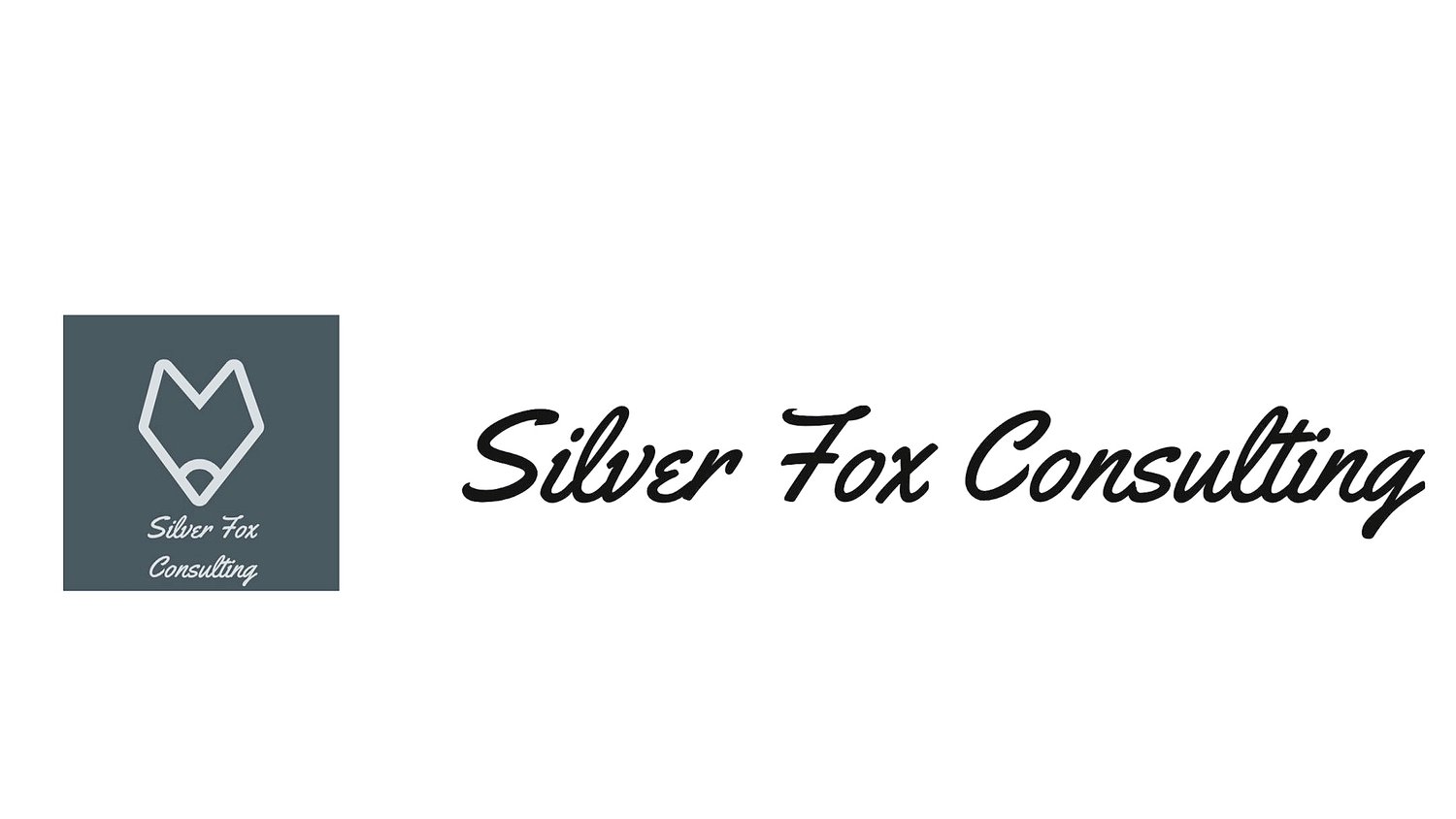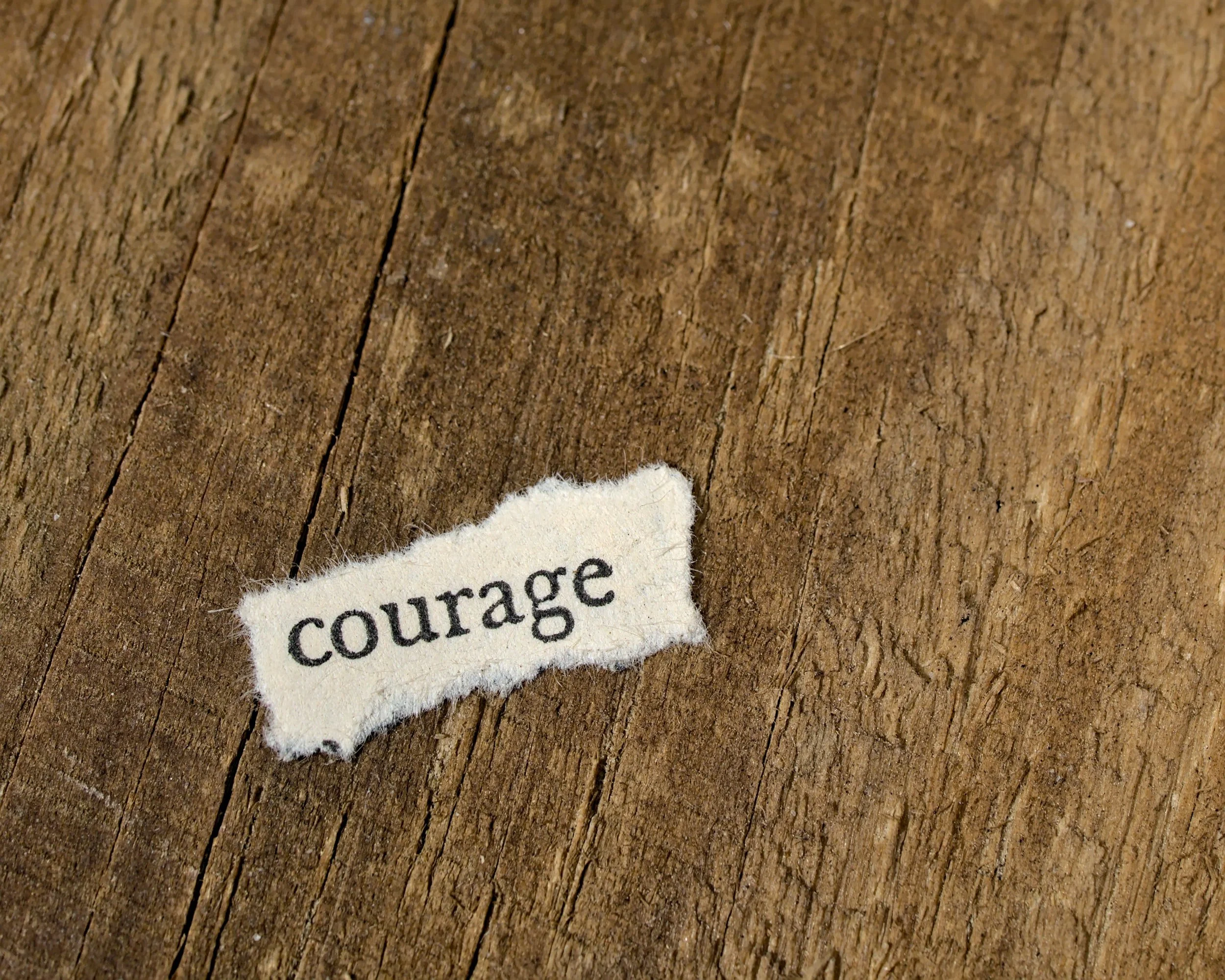How long does it take you to decide the best way to make a decision?
Too often, businesses become bogged down by the inertia that arises when confronting a situation that requires a decision. The weight of these decisions can be as feathery as the color of the logo or as corpulent as the necessity to fire a longstanding customer or associate. True leadership accepts the responsibility of timely responses when presented with the requirement to make a decision. That's what separates truly successful business leaders from the rest of the pack.
“Whenever you see a successful business, someone once made a courageous decision.”
Unfortunately, there is often reticence to act when a serious situations requires a decision. Some show a tendency to ignore the issue, others seek to find another agent to resolve the matter. In larger operations, some may look to gathering a committee in order to outline the steps required to assess, evaluate and develop potential options.
A wise mentor regularly offered to those in leadership: "Ladies and Gentlemen, we're paid to make decisions, so let's earn our keep." In the mentor's mind, procrastination that led to no decision was more deleterious to the organization, than a less than optimal decision. "Of course, we should strive to make the very best decision available, but every day lost in resolving any matter can be devastating to the momentum we're trying to maintain."
There are proven methods available to outline the best practices in decision making. But being decisive is also an innate characteristic among the most successful entrepreneurs. The key seems to be the courage to face the consequences regardless of the perceived strength of logic that was used to come to the decision. Good decisions can go bad; bad decisions can produce unexpected positive results. Those that are secure in their leadership role are confident enough to accept the outcome regardless.
A corollary to this concept is how strong leadership tends to credit others when their decision produces the desired result. “We have a great team that executed the plan flawlessly and brought us to this success.” Conversely, the strong leader also welcomes the criticism to be directed at them, if the decision doesn’t produce the optimal outcome. “This was my decision and I am the one that is responsible for the setback. We will revisit the situation and regroup, because our team is nimble and resourceful.”
The key to success is to face the issue directly, assess the impact to the business if you don’t address immediately. Look at this from the perspective of your team members, outside agents (vendors and service providers) and perhaps most significantly, your customers and clients.
If a decision is required, assemble with some urgency the facts, the data, the details. Use these to project the possible outcomes. Here’s a hard fact: Almost all decisions will have a potential unintended consequence. Overall, the decision should account for the best possible outcome but should also consider the worst case scenario. Don’t make your decision from a place of fear though. Seek to mitigate the potential negative effects, but be confident that you’ve made the right decision and stay the course. If an adjustment to the decision is required, it will become apparent in short order, enabling the opportunity to show the leadership qualities necessary to answer to call!



